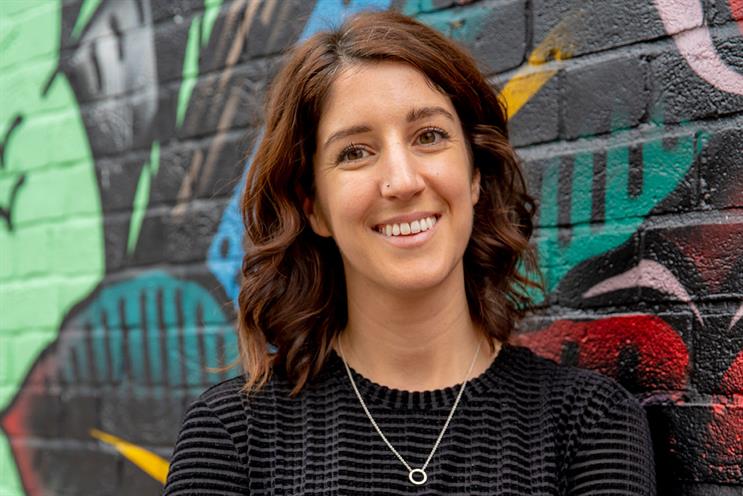A new generation of freelancers is shaking up the creative industries. With the promise of flexibility and success on your own terms, freelancing is now a career plan A for a growing pool of creatives. This is a shift that has significant implications for agencies.
In 2017, after being freelance for four years and working with about 20 companies in Europe, I set up The Freelance Circle because I noticed standards slipping between businesses and freelancers. From late payments to bad briefings, the experience of freelancing varies greatly between companies.
However, as more businesses become nimble and increase their reliance on freelance talent, it is a business imperative to understand how to get the most out of them. Businesses that treat freelancers well can benefit from an engaged team of flexible workers and the standard of work will improve.
With this in mind, here are four absolute basics to get the most out of your freelancers and make the money that you spend on freelance talent go that extra mile.
1 Shift your mindset from treating freelances as a ‘resource’ to embracing them as short-term team members
Freelancers not only want to work on great projects, but also with great people and in great places. That’s why even if your freelancer is only there for a week or so, you should welcome them to the team with which they’ll be working directly and give them a mini onboarding so they have everything they need to get started.
This will instantly make the freelancer feel less like a "resource" and more like a team member ready to get stuck in with the team and the job.
It's a small but simple action that can be the difference between keeping or losing an amazing freelancer who is getting the job done well for you.
2 Get the IT and the basics right
Ensure your freelancers have all the IT equipment, building passes set up, a desk space (yes, this one comes up a lot!) and all the forms signed and ready to go – on the first morning, not the first week.
Many freelancers tell stories about sitting there twiddling thumbs for the first day without the right equipment, the right file access or correct login details. This is wasted time and money for the company.
It would be worthwhile on Fridays to make sure the IT and finance departments are always in the know of anyone starting the following week.
3 Land your briefings and get your ways of working right
Freelancers are coming into a new workplace without any prior knowledge of the project, brand or how your team work.
All too often, freelancers get briefed as if they already know what’s going on. They don’t. When writing a creative brief for freelancers, you need to include just that little bit of extra detail to add more context to the situation. It might be that you need to show them past projects with the client or some of the client’s likes and dislikes. This saves blank-looking faces, miscommunication and endless rebriefs.
Each agency works slightly differently, so please take the time to explain your way of working to the freelancer. Do you like seeing detailed designed decks when they’re presenting ideas to you? Does your project manager need to access a certain platform to book meetings? This makes life a lot easier and gets the work done to the exact standard you need it.
4 Get the money and policies right
Lastly, but importantly, one of the biggest gripes among freelancers is bad communication over financial situations. Make sure the contracts you send to freelancers state everything up front, including payment terms and policies on overtime. This helps to avoid angry emails and tweets from freelancers demanding payments and saves your finance team a raft of headaches.
If you need your freelancers to fill out timesheets to ensure payments, make sure they have access and give them a quick tutorial on how to do it.
These small but important changes can be the difference between a good project and a great one, while making the most of the money you’re spending on freelance talent.
Casey Bird is a creative director and founder of
(Photo credit: Serena Brown)


